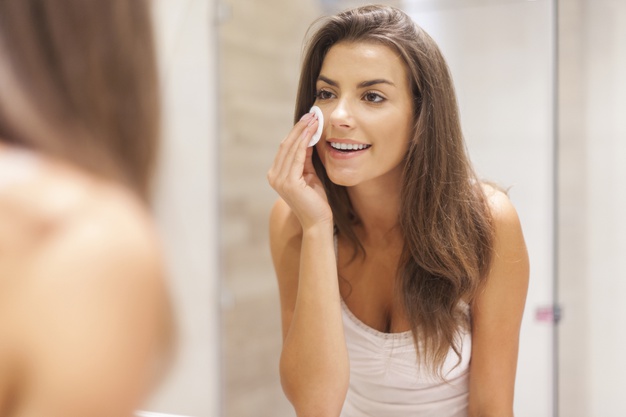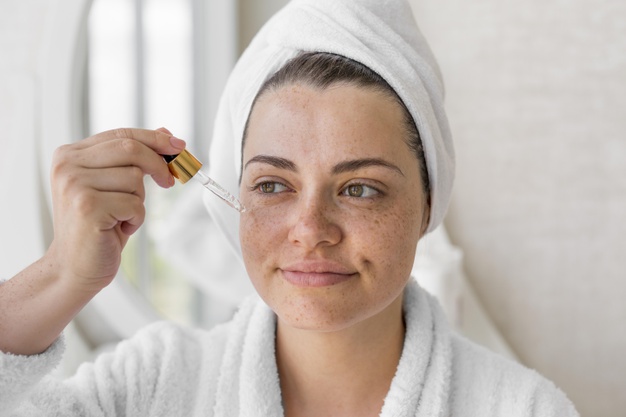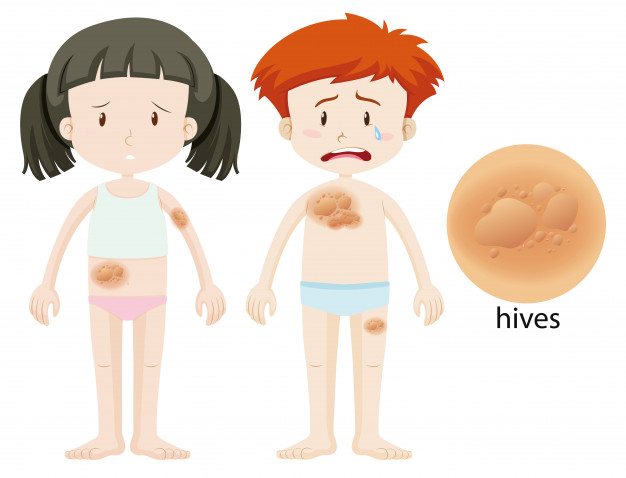Pimples are the common skin problem faced by most of the people around the world. And of course, everyone wants to get rid of different kinds of acne. Acne and its types can however be concealed by cosmetics and creams but you might want to get rid of it permanently instead of concealing it using harmful chemical ingredients and further destroying your skin!
Trying different ingredients for acne can lead to further problems so you need to proceed with caution when trying a new treatment.
People suffering from acne which leaves long-term scars really lowers self-esteem so what about trying dermatologically proven salicylic acid for acne and acne scars?
Don’t get scared with the term acid, because salicylic acid is one of the best treatments to deal with all your acne problems. So, be with us till the end to know about its uses, precautions, and side effects on your skin!
Table of Contents
What is Salicylic Acid?

Salicylic Acid is commonly known as Beta Hydroxy Acid(BHA) and is widely famous as a great exfoliating agent especially for oily acne-prone skin. Salicylic Acid is generally known as the star of the skincare acid family but is totally different from Glycolic acid and Lactic acids.
Normally, people use AHA(Alpha Hydroxy Acid) and BHA(Beta Hydroxy Acid) to exfoliate the skin, AHAs-glycolic acid, and lactic acid are water-soluble while BHAs are oil soluble. Oil-soluble ingredients penetrate through the lipid layers between the skin cells more deeply which helps to clean the pores and control the sebum production which ultimately helps to reduce acne.
More differences between AHA and BHA
Aforementioned, AHA(Alpha Hydroxy Acid) is BHA((Beta hydroxy Acid) are water-soluble and oil-soluble and also work on different layers of skin having different benefits.
AHAs, commonly derived from milk, sugarcane, and citrus fruits work on the surface of the skin revealing the fresher and glowing skin. BHA on the other side being oil soluble prevents breakouts by working on both the surface and deeper layer of the skin.
What Skin Types Should Use Salicylic Acid?
Salicylic acid is basically safe for all skin types, but its use is highly effective on oily-acne prone and uneven types as it helps to prevent pore blockages and contains anti-inflammatory properties.
However, people having sensitive skin and highly damaged skin are recommended to visit and consult their dermatologist before using any product to prevent further damage to the skin.
Also, if you are allergic to aspirin, you should avoid using products with salicylic acids as they both belong to the same family of compounds and your skin may be intolerant to the product.
How To Use Salicylic Acid At Home?

Although salicylic acid was previously used in on-spot blemishes with gels and treatments, but now the time has totally changed and it is widely used to prevent as well as cure various skin problems like pimples, blackheads, and whiteheads.
- To prevent breakouts you can use a salicylic acid-based cleanser.
(Use the cleanser with a maximum of 2% salicylic acid and use only once a day as it may over strip your skin.) - Using a salicylic acid serum would be another good option to get rid of your skin problems.
Does Salicylic Acid have any side effects?
Salicylic Acids are generally considered the safest skincare acid to use however starting it for the first time may cause skin irritation. Also, some people may suffer from dryness as it may also remove too much oil from your skin.
Other Potential Side Effects

- Skin Itching
- Skin Tingling
- Peeling of Skin
- Hives(allergic reaction-red, pink, or flesh-colored itchy raised welts on the skin.)
Precautions
Even though you can easily get your products with salicylic acid at drugstores or even local grocery stores, it is always recommended to talk to your doctor before using it. Considerations also include:
Use in children
Children basically have sensitive skin and are more prone to skin irritations so children may be at more risk because their skin absorbs salicylic acid at a higher rate than adults. It should not be used for children under the age of 5.
Allergies and Drug Interactions
Let your dermatologist know if you already have experienced allergic reactions to salicylic acid or any other products. Also, some medications do not interact with salicylic acid so always inform your doctor about what medications you’re currently taking.
Take Away
Skin transformation is not something that happens overnight. Healing your skin needs a lot of time and patience especially when you are dealing with acne scars, clogged pores, blackheads, and whiteheads.
Although, there’s no product that can completely cure acne BHAs however, can treat them to a certain level and can prevent acne before they occur. Just make sure to apply the proper amount with the consultation of a dermatologist.
Winter Skincare Tips Everyone Should Know
Review of Argan Oil: 3 Natural Skincare Tips
